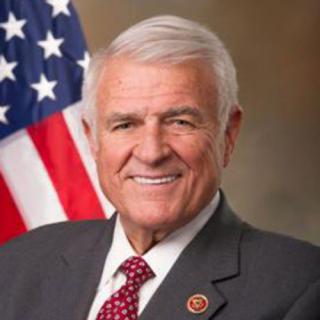Military Construction, Veterans Affairs, and Related Agencies
Image

Chairman John Carter
HT-2 The Capitol
(202) 225-3047
Majority | Minority |
| John Carter – Chair | Debbie Wasserman Schultz – Ranking Member |
| John Rutherford | Sanford Bishop, Jr. |
| Michael Guest | Veronica Escobar |
| Ryan Zinke | Mike Levin |
| Stephanie Bice | Henry Cuellar |
| Scott Franklin | |
| Mark Alford – Vice Chair | |
| Nick LaLota |
Recent Activity
May 23, 2024
I would once again like to welcome everyone to our first full committee bill markup for Fiscal Year 2025.
May 21, 2024
Thank you, Chairman Carter, and thank you to Ranking Member Wasserman Schultz, Ranking Member DeLauro, and to all the members of the subcommittee for being here.
May 21, 2024
Good evening. I am proud to present the Fiscal Year 2025 Military Construction, Veterans Affairs, and Related Agencies appropriations bill today.
May 20, 2024
Washington, D.C. – Today, the House Appropriations Committee released the Fiscal Year 2025 bill for the Military Construction, Veterans Affairs, and Related Agencies Subcommittee. The bill will be considered in subcommittee tomorrow, May 21st at 6:00 p.m. The markup will be live-streamed and can be found on the Committee’s website.
Meeting Status:
Scheduled
Date:
Location:
Capitol Complex, H-140 CAPITOL, Washington, DC, 20515, USA
May 1, 2024
Today’s hearing is on the Army’s fiscal year 2025 budget request for military construction and family housing.
To ensure every Member of Congress has an opportunity to participate in the annual appropriations process, Members may submit programmatic, language, and Community Project Funding requests to the Committee using the electronic portal available here.
